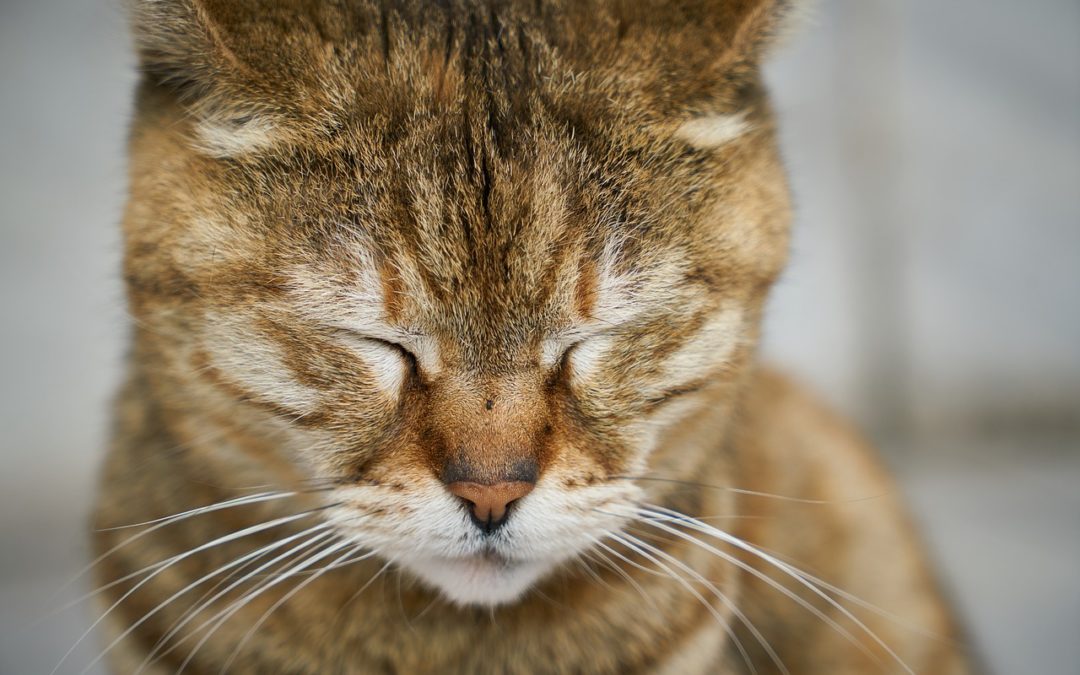We’re sad to say that we’re in the middle of an outbreak of Cat Distemper (Panleukopenia) in the Gillette area. We are also sad to report that we have had a few cats pass away, all of which were never vaccinated for this disease. We highly recommend vaccinating your cat against this disease immediately.
The AVMA describes Feline panleukopenia (FP) as a highly contagious viral disease of cats caused by the feline parvovirus. Kittens are most severely affected by the virus. The names feline distemper and feline parvo should not be confused with canine distemper or canine parvo— although their names are similar, they are caused by different viruses. The viruses do not infect people.
The feline parvovirus infects and kills cells that are rapidly growing and dividing, such as those in the bone marrow, intestines, and the developing fetus.
How do cats become infected?
Cats can shed the virus in their urine, stool, and nasal secretions; infection occurs when susceptible cats come in contact with these secretions, or even the fleas from infected cats. An infected cat tends to shed the virus for a relatively short period of time (1-2 days), but the virus can survive for up to a year in the environment, so cats may become infected without ever coming into direct contact with an infected cat. Bedding, cages, food dishes, and the hands or clothing of people who handle the infected cat may harbor the virus and transmit it to other cats. It is, therefore, very important to isolate infected cats. Any materials used on or for infected cats should not be used or allowed to come in contact with other cats, and people handling infected cats should practice proper hygiene to prevent spreading the infection.
How is the disease treated?
Unfortunately, there are no medications capable of killing the virus, so we recommend treatment and intensive care if it’s determined that your cat has contracted the disease. Luckily, Animal Medical Center of Wyoming is prepared to provide quick care to your pet, 24 hours a day and 7 days a week.
Please contact us immediately to get your cat vaccinated.


